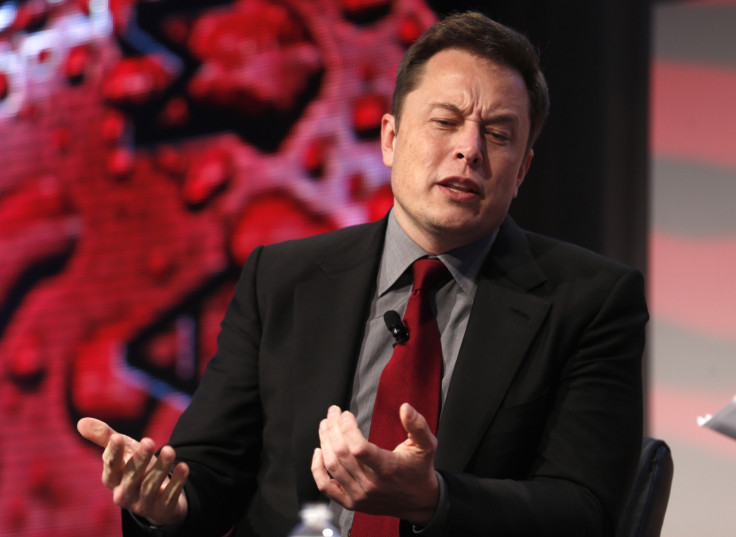Elon Musk bailed out of $6bn Google takeover to save Tesla from 2013 bankruptcy

Elon Musk had a deal to sell his electric car company, Tesla, to Google for $6bn (£4bn) when it was heading for bankruptcy with just two weeks' worth of cash left in the bank.
During the first week of March 2013, Musk spoke to his friend Larry Page, chief executive of Google, about the search giant buying his car company, which at the time was suffering from falling sales amid technical problems with the few Model S luxury saloon cars it had delivered.
Ashlee Vance, author of upcoming book Elon Musk: Tesla, SpaceX and the Quest for a Fantastic Future, claims in an extra for Bloomberg two people "with direct knowledge of the deal" said Musk and Page agreed to the buyout and shook on a price of around $6bn. This was plus promises from Google to invest $5bn for factory expansion and to not break Tesla up or close it down.
Tesla was in such bad financial shape due to customers cancelling their orders that Musk quietly shut down the company's factory; Vance claims Tesla only had enough money in the bank to last another two weeks.
But the deal never happened because Tesla's fortunes quickly began to turn after Musk demanded that all staff, no matter what their job title, get on the phones and sell cars to curious customers who had placed refundable deposits.
Vance writes: "The company's executives had hidden the severity of the problem from the intensely demanding Musk. When he found out, he pulled staff from every department - engineering, design, finance, HR - into a meeting and ordered them to call people who'd reserved Teslas and close those sales."
Musk is claimed to have said in the meeting: "If we don't deliver these cars, we are f**ked. So I don't care what job you were doing. Your new job is delivering cars."
The PayPal co-founder then fired senior executives, promoted junior employees keen to show their worth and assigned former Daimler executive Jerome Guillen to improve Tesla's customer service and get its bug-ridden cars with quality control issues back on the road.
The sales blitz worked. While the buyout contract was being drafted by Google and Tesla lawyers, the car-maker began to sell thousands of vehicles - enough to post its first ever quarterly profit of $11m on $562m in revenue in May 2013.
Within two weeks of that announcement, Tesla's share price had doubled, a $465m loan from the US Department of Energy had been paid off early, with interest, and Musk broke off his negotiations with Google.
© Copyright IBTimes 2025. All rights reserved.






















